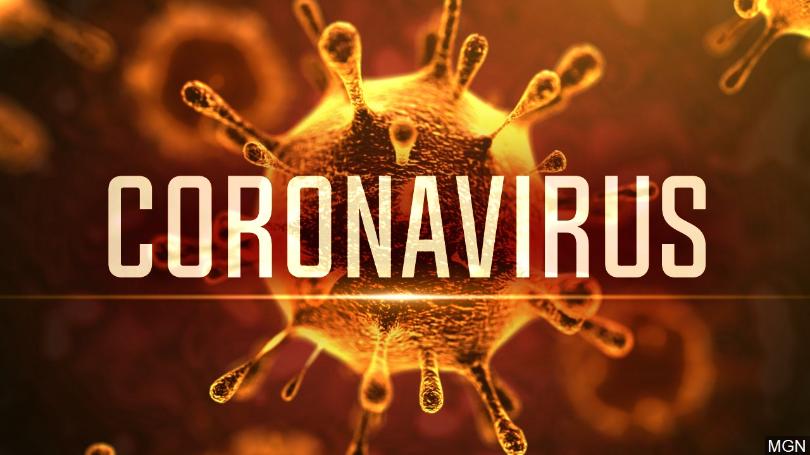Covid-19 patients who have been placed under isolation can now be released after 10 days according to the World Health Organisation (WHO) guidelines, Deputy Health Minister Dr John Mangiwro told Parliament on Wednesday.
It was previously recommended for people who test positive for Covid-19 to isolate until they had two negative swabs, which was said to be problematic due to a shortage of test kits in the country.
It is now advised most people with active cases of Covid-19 to isolate for 10 days after symptoms begin and 24 hours after their fever has broken.
After that, they are free to leave the isolation centre.
“Nowadays, we are saying if one tests positive and is in an isolation centre, on day 10 whether you are tested or not, according to WHO guidelines one can go home. Isolation means the person is already infected and by Day 9, 10 the virus is mostly dead,” said Dr Mangwiro, while responding to questions in Parliament.
“So the WHO guidelines say if you are positive and you go in, on Day 10 you go. You may not be tested or you have been tested but one can go home, thus from isolation. In terms of quarantine, if one has a valid certificate from wherever they are coming from which is 72 hours in time, one can go straight and quarantine in their own facilities which would be also inspected by our officers.”
Dr Mangwiro’s sentiments came after he was asked to explain the isolation and quarantine procedure by MP Dr Ruth Labode, the chairperson of the Parliamentary Portfolio Committee Chairperson on Health and Child Care.
“Minister, I just wanted you to share with Parliament the new policy for de-isolation. If you are isolated, how do you get out of isolation? I could share with you and the permanent secretary later, how you get out of isolation once you have tested positive? Is it because you have been there for so long or you need to be tested and what happens, even the quarantine because I am hearing people are landing from London and going home. All those are important things,” asked Dr Labode.
The deputy health minister explained the meanings behind isolation and quarantine.
“De-isolation is two words. There is isolation and quarantine. Isolation pertains to people who have signs and symptoms or who have tested Covid-19 positive whereas quarantine is just being put in a place waiting to see if you will have symptoms or you will convert to positive,” Dr Mangwiro said.
Mbizo MP, Settlement Chikwinya, also asked whether it was safe for people who had tested positive and spent 10 days in isolation to be out in public
“From the isolation centre, you can go anywhere into the public? What if someone is still testing positive? An example has been given for Members of Parliament who had tested positive prior to the mandatory testing which was done about two weeks ago who then retested positive. The advice was that you can still go into the public even if you are testing positive. Are those the standards to the extent that people can be free to mingle with someone who has still tested and recorded to be positive but has spent more than 10 days in isolation?” Chikwinya asked.
In response, Dr Mangwiro said testing positive on day 10 does not necessarily mean the virus is still active.
“These are particles of the virus that will still be showing that the antigen is still there, but the virus is no longer available. One can easily go into society without causing any harm or danger to other people that they meet,” said the deputy health minister.

